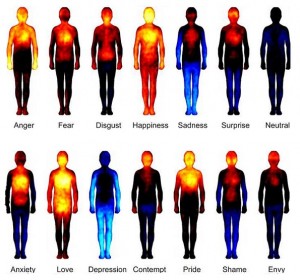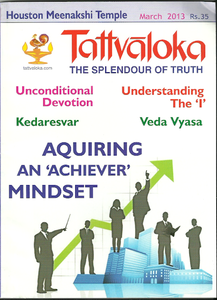From: Peregrinus the Nihilist
I finished reading your five-part series on free will yesterday evening, after several sittings over dinner. It was an interesting and informative presentation indeed. The question of free will has occupied my mind for some years now. In fact, one of the things that drew me to Advaita Vedanta was its position on free will — it seems that more than a few of the arguments closely resemble my own.
Reading your case against free will in HOW TO MEET YOURSELF (pages 170-174), I was struck at how similar it was to the one made roughly 80 years ago by the 20th century English scholar Joseph McCabe. I think the passage is worth quoting in full, as you might find it interesting:
“When you say that you are free to choose—say, between the train and the surface car, or between the movies and the theater—you are using rather ambiguous language. All common speech for expressing mental experiences is loose and ambiguous. You have the two alternatives—movies or theater—in your mind. You hover between them. You do not feel any compulsion to choose one or the other. Then you deliberately say to yourself—not realizing that you have thereby proved the spirituality of the soul, which has made apologists perspire for centuries—‘I choose Norma Talmadge.’ Continue reading


